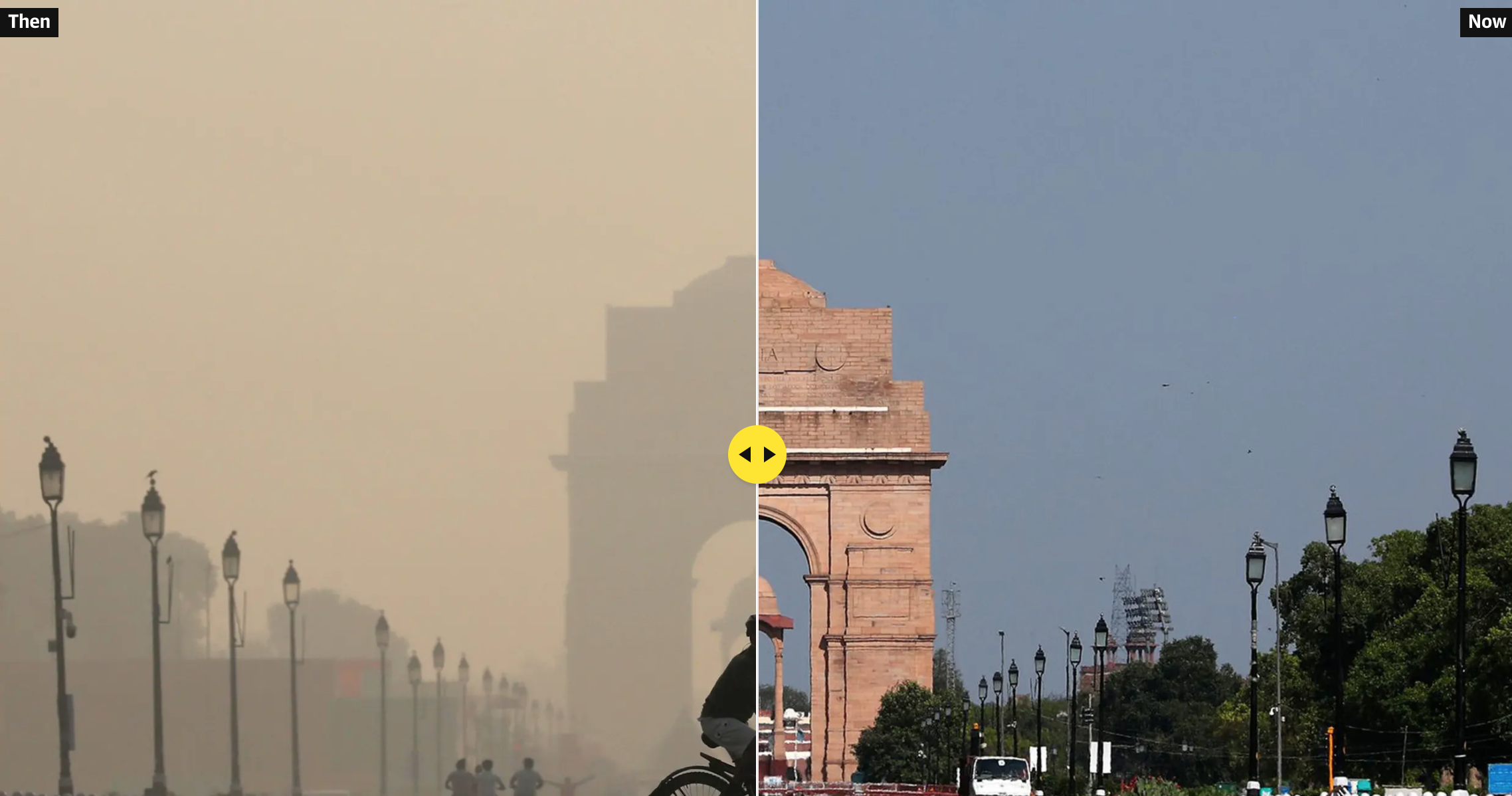
If there is a positive to take from the current COVID-19 crisis, it’s that when it comes to the crunch and we must act, humanity is pretty damn good at mobilising itself. So, you might be wondering why can’t we make such dramatic changes for our impending climate crisis?
It’s a fine question to ask. Especially given that most scientists would agree that climate change poses a bigger threat to humanity and will cost many more lives than COVID-19. The answer is simple.
COVID-19 poses an immediate risk to life.
Climate change poses a longer-term risk to life.
The timescale of potential events has a dramatic impact on human decision-making. Our species is not particularly great at making long-term decisions, mostly because we’ve never had to. Our long-term has always been a series of short-terms strung together and unless we can survive today, tomorrow is irrelevant.
In the modern world, we might define the long term as many years or more than a decade. But as far as our DNA is concerned, anything beyond a single year, or a few seasons, is the long term. Our future is written in our history. For the best part of 200,000 years (the period for which modern anatomical humans have existed), we have lived season to season. Any planning beyond that was futile given that the majority of our resources had to be deployed towards surviving the winter, then surviving the summer. We had to survive the here and now, or there wouldn’t be a tomorrow.
During the COVID-19 crisis, we’ve learned than 46% of Australians actually live from paycheck to paycheck. This is a number that is similar to most developed economies around the world. While we have NASA-grade technologies in our pockets and homes, we haven’t evolved much from our hunter gather brethren. Most of us still ‘eat what we kill’ this week.
And what about those who have more than they need? The fortunate few who can survive this crisis financially? Well, they are the same people who benefit from the carbon dense economy we already live in. So, how then can we expect society to change how it operates? We can’t. It’s unrealistic to expect anyone to change what they do.
But if the threat is immediate enough and big enough, it turns out we can change everything. We’ve stayed home, shut down factories, closed borders, closed stores, stopped air travel and turned mega cities into ghost towns. The carbon emission reduction can be clearly seem. China and India have the cleanest skies they’ve had in many decades.
So where do we go from here?
I feel no government in the world will act until the bodies start piling up. Again, because the real problems of climate change will emerge long after our current leaders have left office. Ironically, people won’t act unless directed by their governments to change their behaviour when it’s forced upon them via police enforcement and legislative changes. Exactly as we saw with COVID-19.
It leaves me with a single hope to emerge from this crisis:
A renewed trust in science and effective government.
If only these two institutions can take their rightful position, guided by facts instead of ideology, and legislate on behalf of our long term interests, we might just have a chance.
This is why leadership and truth is more important than ever.